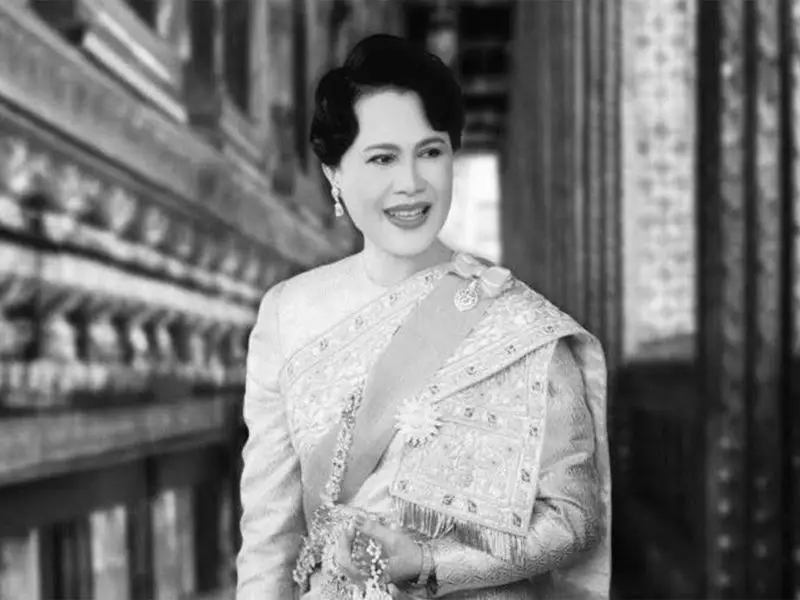
The Kingdom of Thailand is immersed in profound grief as Her Majesty Queen Mother Sirikit, the beloved widow of the late King Bhumibol Adulyadej and mother of current King Maha Vajiralongkorn, has passed away at the age of 93. The royal palace made the solemn announcement on Wednesday, marking the end of a remarkable era in Thai history.
Queen Sirikit had been receiving medical treatment at Chulalongkorn Hospital in Bangkok, where she breathed her last. The royal household has declared an official period of mourning, though specific details regarding funeral arrangements are yet to be announced.
A Reign of Grace and Service
Born on August 12, 1932, Queen Sirikit's journey with the Thai monarchy began when she married then-King Bhumibol Adulyadej in 1950, just one week before his formal coronation. Their union spanned over six decades until King Bhumibol's passing in 2016, making it one of the longest royal marriages in modern history.
Throughout her tenure as queen consort, Sirikit became renowned for her unwavering dedication to humanitarian causes and cultural preservation. She played a pivotal role in establishing the SUPPORT Foundation, which championed traditional Thai crafts and provided sustainable livelihoods for countless artisans across the nation.
Architect of Modern Thai Monarchy
Queen Sirikit's influence extended far beyond ceremonial duties. She actively participated in numerous development projects and frequently accompanied King Bhumibol on his visits to rural communities. Her compassionate approach and genuine concern for the welfare of ordinary citizens earned her the affectionate title "Mother of the Land" among the Thai people.
During a critical period in the 1950s when King Bhumibol entered the monkhood for religious observance, Queen Sirikit served as Regent, demonstrating her capability in handling state affairs with wisdom and grace.
International Recognition and Legacy
The Queen Mother's humanitarian work garnered global recognition, including prestigious awards from international organizations. Her efforts in promoting Thai silk and traditional textiles brought worldwide attention to the country's rich cultural heritage.
Even in her later years, as her health declined and she made fewer public appearances, Queen Sirikit remained a revered figure in Thai society. Her passing creates a significant void in the nation's cultural and royal landscape, coming just six years after her husband's demise.
As Thailand prepares to bid farewell to its beloved Queen Mother, the nation reflects on her extraordinary life of service, her unwavering commitment to her people, and the indelible mark she leaves on Thai history. Her legacy will continue to inspire generations to come, remembered as a symbol of grace, compassion, and dedicated leadership.





